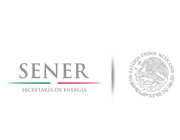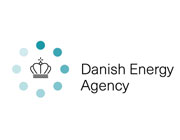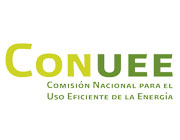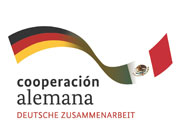
Peter Sweatman, lead autor
Mexico’s Energy Transition Law (Ley de Transición Energética – LTE) reflects much needed changes to address the energy needs of the country’s growing population, and its private and public sectors. In addition, the LTE recognizes the positive impact of energy efficiency (EE) and its multiple benefits for society and the economy.
Launched in February 2017 this political framework was developed to provide Mexico’s Energy Ministry (Secretaría de Energía – SENER) and the National Commission for the Efficient Use of Energy (Comisión Nacional para el Uso Eficiente de la Energía - Conuee) the appropriate set of tools to comply with the LTE, particularly its EE related targets.
Over a nine month period process, key information was gathered from multiple stakeholders on the current and future state of Energy Efficiency in Mexico.
The MPLPEE encompassed multiple “Impact Studies”, which took into account the opinions and responses from experts and stakeholders, and were essential when determining precise actions for each sector. In addition, the MPLPEE conducted exhaustive research on best international practices related to energy efficiency to use them as reference in terms do sustainability and replicability of key elements within the lines of action to therefore align energy efficiency efforts already in place in Mexico with vanguard and renown parameters and standards.
In parallel and considering the information gathered, the MPLPEE developed a base line for national energy consumption in order to estimate the potential of energy efficiency in the different sectors. Likewise, these projections confirmed the feasibility of the lines of action determined by the experts.
The MPLPEE puts forward a series of priority actions for each sector in order to reinforce and/or jumpstart the implementation of measures capable of catalyzing energy efficiency while stimulating the economy, improving the citizenry’s quality of life, lowering energy demand, and addressing regulatory changes designed to reach energy efficiency goals. Furthermore, the MPLPEE lays the basis for Mexico’s energy efficiency roadmap.





